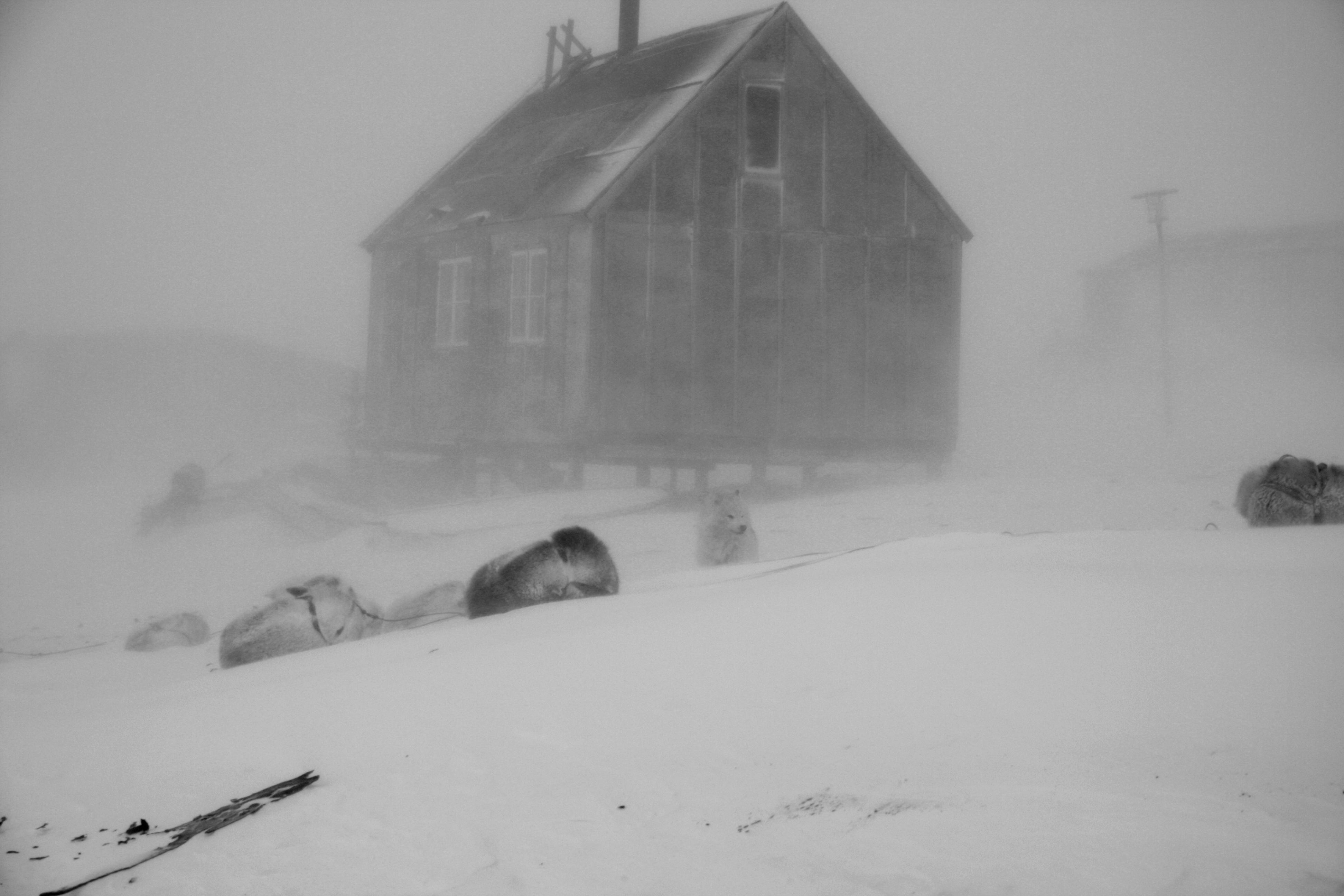
01 Jul 2022 Ten things you learn if you live alone in an Arctic cabin
Posted at 07:42h
in Uncategorised
Ten things that you learn if you live alone for a year in an Arctic cabin
I lived alone for a year in a cabin in the High Arctic, north-west Greenland. I went to the most remote settlement I could find and lived as close to nature as possible, harnessing the land and the sea for sustenance. This is what I discovered:
- To live alone in a hut in the Arctic, you have to be bien dans sa peau as the French would say. You have to be ‘at one’ with yourself. Otherwise, it will be unbearable.
- Living in the Arctic tundra is a bit like visiting a cemetery. You soon start putting the small and great into perspective.
- The intimacy of your refuge, be it a cabin in the High Arctic or some other place that is special to you can give you the sense that you are holding vigil over something greater than you.
- The silence of nature provides some kind of spiritual allure. It is not just a refuge from human noise, but if it can be felt at a physical level so that that it reverberates throughyour body, it can be transcendental and ennoble the mind.
- The castaway convinces himself that he is somehow privileged for living apart, and that he feels that this privilege is diminished, his sense of exclusion tainted, if he is in contact (acoustic or otherwise) with the place he has come from.
- If we become who we feel we were always meant to be, if we can emerge from our Jungian shadow, then death is no longer meaningless.
- From the Arctic environment, you learn modesty.
- We are hostages to the world of time. We chase it relentlessly and there is seldom any time left over. If there is any, we soon become bored. Time is a trap. In the Arctic cabin, there is time to watch and observe the tiniest of changes. These tiny changes concern you greatly for you have become again part of your environment. And so, the trivia of life doesn’t crawl all over you.
- If you are bored, then you need to explore deeper and make sure your mind is open to new perceptions.
- It is better to be the lone voice than to seek the ‘security’ of the crowd.


